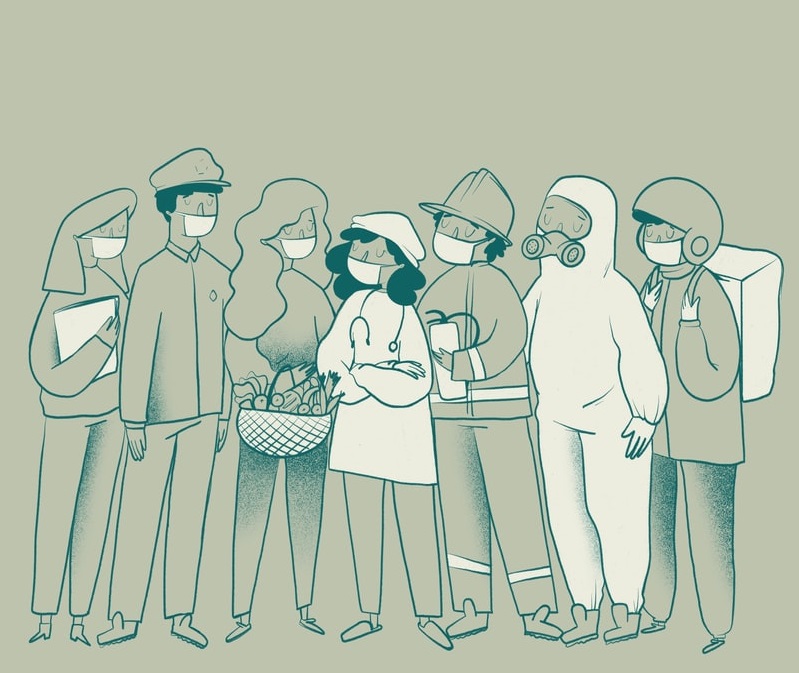New Study Finds More Severe Eating Disorders with LGBTQ Folks

A new study published in the International Journal of Eating Disorders finds that eating disorder patients who identify as LGBTQ have more severe eating disorder symptoms, higher rates of trauma history, and longer delays between diagnosis and treatment than heterosexual, cisgender patients.
“While we know there is a higher prevalence of eating disorders among LGBTQ folks, particularly trans and non-binary folks (with rates estimated to be anywhere from 40 percent to 70 percent), our field is in its infancy with researching this health disparity, so I believe research like ours is especially important,” said clinical psychologist Jennifer Henretty Ph.D.
Eating disorders are a serious mental health concern: At least 30 million people—of all ages, sexual orientations, and gender-identities—experience an eating disorder in the U.S. alone, and every 62 minutes, at least one person dies as a direct result of an eating disorder. In fact, eating disorders have the highest mortality rate of any mental illness.
The causes of eating disorders are not clear, but both biological and environmental factors are thought to play a role. Eating disorders typically begin in adolescence, but it appears that the rate of the disorder may be on the rise in middle-aged and even older adults.
The peer-reviewed academic study analyzed data from 2,818 individuals treated in residential, partial hospitalization, and/or intensive outpatient levels-of-care at a large eating disorder treatment organization; 471 (17 percent) of the participants identified as LGBTQ. The facilities were operated by the Center for Discovery, a U.S. healthcare provider specializing in the treatment of eating disorders.
Research shows that individuals who identify as lesbian, gay, bisexual, transgender, or other non-heterosexual/non-cisgender identities have significantly higher rates of mental and physical health conditions compared to their heterosexual, cisgender peers.
“LGBT individuals are more likely to experience housing and employment discrimination, and to struggle with multiple mental health challenges related to minority stress; this perfect storm of barriers means eating behaviors are often overlooked,” said Vaughn Darst, RD, who serves as Operations Advisor for Discovery Behavioral Health, Center For Discovery and who also discussed in a TedX talk the complex issue at the intersection of gender, body image, food, and identity.
The study found a full, 12-month delay in treatment for LGBTQ patients compared to non-LGBTQ patients.
“Delays in accessing treatment are especially widespread for transgender and nonbinary individuals with eating disorders. Some of the causes include delayed diagnosis by providers who fail to assess non-cisgender female patients for disordered eating as well as limited access to trans-affirming treatment options, particularly at the residential level of care,” said Darst.
Center For Discovery hopes to reduce this delay by being a trans-affirming treatment center and by providing training for staff and community providers on best practices for addressing eating concerns within LGBTQ communities.
What's Your Reaction?
Ray has with OUT FRONT Magazine since February of 2020. He has written over 300 articles as OFM's Breaking News Reporter, and also serves as our Associate Editor. He is a recent graduate from MSU Denver and identifies as a trans man.










